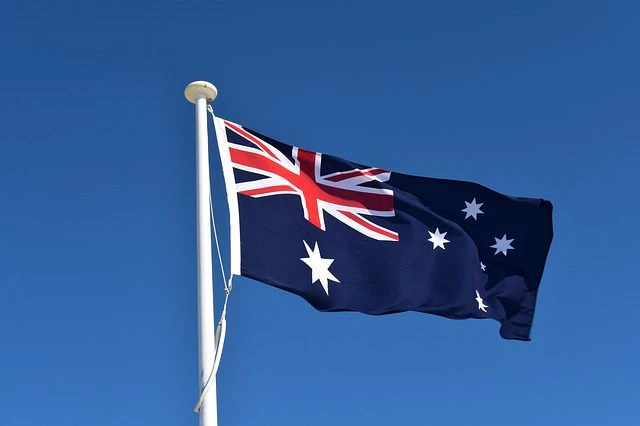Star reports Q3 loss as second Bell inquiry continues

This represented a slight decrease of 4.6% compared to Q3 2023.
Star did not disclose its full third quarter results at this time, but provided some detail on the main aspects of its operations.
Star’s third quarter was tumultuous. In February, The New South Wales Independent Casino Commission confirmed that it would conduct a second inquiry into Star, a successor to the infamous Bell report. Entitled Bell Two, the inquiry began on 19 February and will run until 31 May.
Star requested a temporary trading halt for its ordinary shares on the Australian Securities Exchange on the day the second inquiry was announced.
The first Bell report uncovered a host of anti-money laundering and social responsibility failings at Star Sydney, and recommended 30 measures to improve practices. One year after the initial inquiry was published, a report revealed that Star had put 22 of the 30 proposals into practice.
This second inquiry will focus on the culture at Star, as well as analysing the effects of the first Bell report.
What’s in the trading update?
Star said that revenue from its properties’ premium gaming rooms fell year-on-year during the third quarter. This was felt across the board – at The Star Sydney premium gaming rooms revenue fell 19.3%. For The Star Gold Coast this decrease hit 20.0%, while at Treasury Brisbane it was 28%.
However, revenue from the main gaming floor was positive. This was up by 5.4% at The Star Sydney, 4.6% at The Star Gold Coast and 6.4% at Treasury Brisbane. Despite this Star confirmed that the premium gaming rooms revenue caused overall revenue at all three properties to fall 4.6%.
Gaming levies and taxes totalled $105.0m during the quarter, 2.9% less than in Q3 2023. The highest amount – $37.1m – was incurred in January. January also saw the most net revenue for Star, hitting $146.6m.
However, operating expenses were highest overall in March at $97.1m. In total, operating expenses reached $276.3m for the quarter, an improvement of 4.2%. Star said this was due to an increase in resourcing for its risk, controls and transformation teams.
Normalised EBITDA was $37.9m. This represented the largest fall of the quarter, declining 11.5%. It was a different story with normalised EBIT, which came in at $9.3m – a significant improvement on the $6.0m loss recorded year-on-year.
Following significant items before tax – which resulted in a loss of $10.8m – the net loss after tax was $6.8m. But this was a positive result compared to the $49.7m loss recorded in Q3 2023.
Turbulent times ahead
In March, one month after Bell Two launched, Star’s CEO Robbie Cooke and CFO Christina Katsibouba stepped down. Chair David Foster was appointed as executive chair in the interim, while the search for a new CEO continues.
Star has had ongoing difficulty with its CEO position. When Cooke took on the role in November 2022, he was the fourth CEO in one year. He had followed on from Matt Bekier, John O’Neill and Geoff Hogg.
Bekier stood down during an investigation into The Star Sydney, which began in June 2021.
Star has also faced a number of ongoing regulatory headwinds in recent years. It was declared “unsuitable” to hold a licence in Queensland in October 2022. Star subsequently had its licence suspended in the state and was ordered to pay a fine of $100m. Star’s New South Wales licence was also suspended indefinitely in October 2022. Additionally, it was ordered to pay a $100m penalty.
